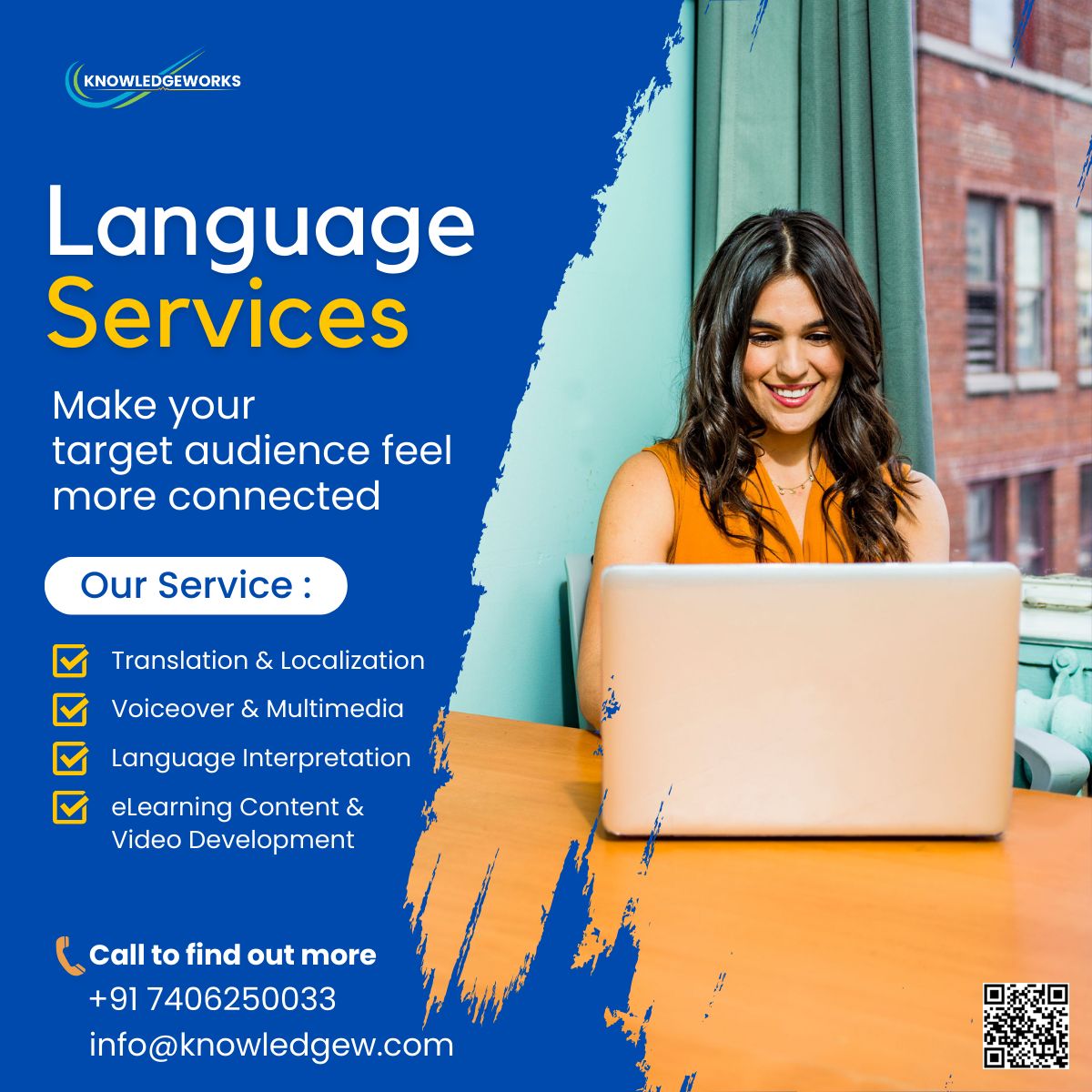In the pharmaceutical sector, where precision and accuracy are paramount, translation services play an important role in ensuring the safe and effective use of medications worldwide. From drug development and regulatory compliance to patient education and marketing, translation facilitates communication across linguistic boundaries, enabling pharmaceutical companies to reach diverse markets and serve patients around the globe.
One of the primary areas where translation is indispensable in the pharmaceutical sector is in the translation of regulatory documents and product information. Pharmaceutical companies must navigate complex regulatory frameworks in different countries, which often require extensive documentation to gain approval for drug development, clinical trials, and marketing authorisation. Translation services ensure that these documents, including regulatory submissions, product labels, and package inserts, are accurately translated into the languages of target markets, complying with local regulations and ensuring patient safety.
Moreover, translation plays a crucial role in patient education and medication adherence. Patients must understand how to use their medications safely and effectively, including dosing instructions, potential side effects, and precautions. Translating medication labels, patient information leaflets, and educational materials into multiple languages ensures that patients have access to essential information in a language they understand, empowering them to make informed decisions about their health. By providing clear and accurate information, translation services support medication adherence and improve patients' health outcomes worldwide.
Translation also facilitates communication between pharmaceutical companies and healthcare professionals, including physicians, pharmacists, and nurses. Healthcare professionals need access to up-to-date information about medications, including prescribing information, drug interactions, and safety warnings, to make informed decisions about patient care. Translating medical journals, research articles, and drug monographs into different languages ensures that healthcare professionals have access to the latest scientific evidence and clinical guidelines, supporting evidence-based practice and enhancing patient care.
In addition to regulatory compliance and patient education, translation is also essential in the marketing and commercialisation of pharmaceutical products. Pharmaceutical companies invest heavily in marketing campaigns to promote their products and reach target audiences. Translating marketing materials, including advertisements, brochures, and websites, into multiple languages helps pharmaceutical companies engage with diverse markets and effectively communicate the benefits of their products to healthcare professionals and patients worldwide. By tailoring marketing messages to local languages and cultural preferences, translation services support pharmaceutical companies in building brand awareness and driving sales in global markets.
Furthermore, translation is critical in facilitating global clinical trials and research collaborations in the pharmaceutical sector. Clinical trial protocols, informed consent forms, and research publications must be translated accurately to ensure consistency and compliance across international sites. Translation services play an imporatant role in enabling communication and collaboration among researchers, sponsors, and study participants from different linguistic backgrounds, advancing medical research and innovation on a global scale.
In conclusion, translation services in Bangalore is essential in the pharmaceutical sector for regulatory compliance, patient education, healthcare communication, marketing, and research collaboration. By breaking down language barriers and ensuring clear and accurate communication across all stages of the pharmaceutical product lifecycle, translation services support pharmaceutical companies in reaching diverse markets, serving patients' needs, and advancing global healthcare. As the pharmaceutical industry expands globally, the demand for high-quality translation services will only continue to grow, driving improvements in patient care, drug development, and public health worldwide.





Comments